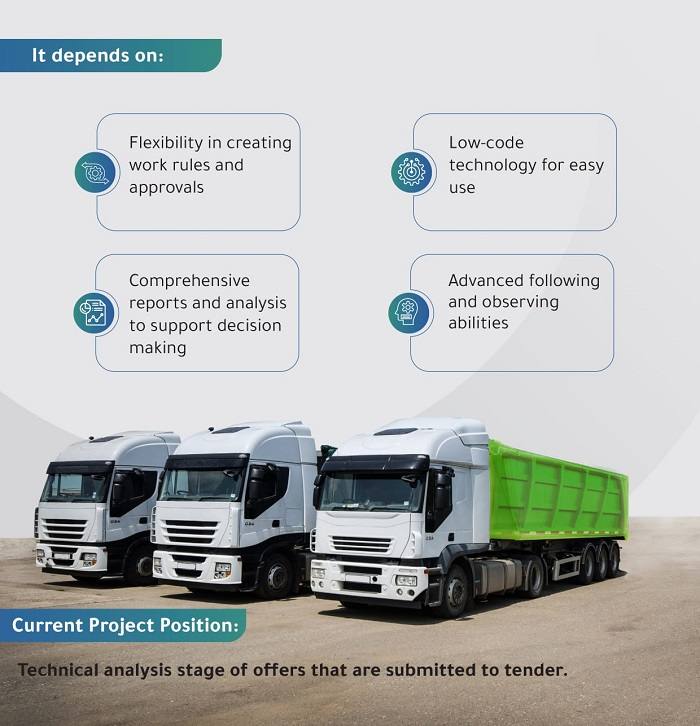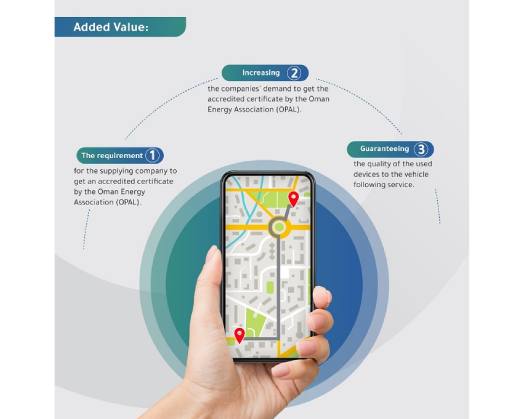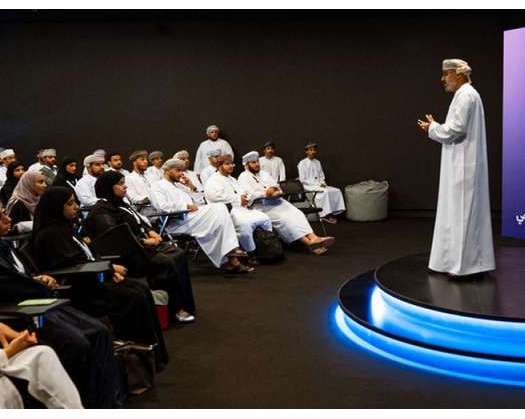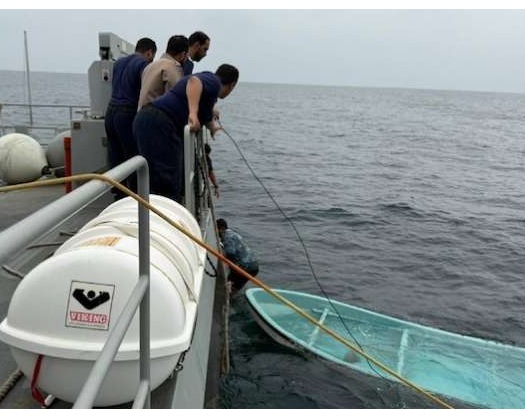Muscat: The Muscat Municipality is progressing on its journey towards digital transformation by automating its operational processes. Leveraging contemporary technologies, the municipality is endeavoring to enhance its services through the improvement of operational efficiency and sustainability.

The forthcoming system, for which a tender has been issued, is designed to facilitate the incorporation of advanced technologies for the management and tracking of the municipality's vehicle fleet.
This initiative is set to be executed in collaboration with the Oman Energy Association (OPAL), as it is the entity responsible for establishing the specifications and procedures for fleet management and vehicle tracking within the oil and gas sector.
This project is a component of a broader digital transformation strategy aimed at digitizing municipal operations and services, thereby enhancing sustainability and innovation within the municipal workforce, in alignment with the government's initiative to transform cities into smart and sustainable urban centers.
The digitized fleet management and tracking system will streamline the processes related to the sale, purchase, maintenance, registration of equipment, and operation of vehicles.
This system is equipped with advanced technologies, including GPS and sensors, to collect and analyze precise data regarding the location, fuel consumption, and performance of the fleet.
It is anticipated to lead to a reduction in costs and an improvement in operational efficiency, maintenance, and vehicle routing. The system's flexibility ensures its adaptability to future changes, thereby guaranteeing its superior performance.
The partnership between the Muscat Municipality and "OPAL" is expected to significantly enhance the quality of vehicle tracking and provide supplying companies with a qualification certificate from the Oman Energy Association (OPAL).
Furthermore, the system promises to elevate safety standards by continuously monitoring the condition of vehicles and recommending necessary interventions.
It will furnish critical data that will aid in strategic decision-making regarding the replacement of vehicles, daily operations, maintenance, and the effective utilization of resources.
Investing in this system is seen as a wise financial decision that will augment the overall efficiency of fleet management. The fleet management system offers considerable value due to its foundation in automation and advanced technology.
It is anticipated that this technology will support low-code solutions to meet the specific needs of the Muscat Municipality.
This technology is designed to be user-friendly, allowing for quick modifications without the necessity for advanced programming skills.
This requirement is likely to increase the demand for this certification, thereby enhancing the compliance rates of companies with optimal specifications and standards.
It is important to note that the implementation of this project will be divided into four primary stages: the evaluation and planning of the current municipal systems, the fleet management system, and database, which encompasses system installation and data integration.
These stages will be followed by user training and system operation, culminating in a stage for follow-up and improvement to monitor performance and implement necessary adjustments.













